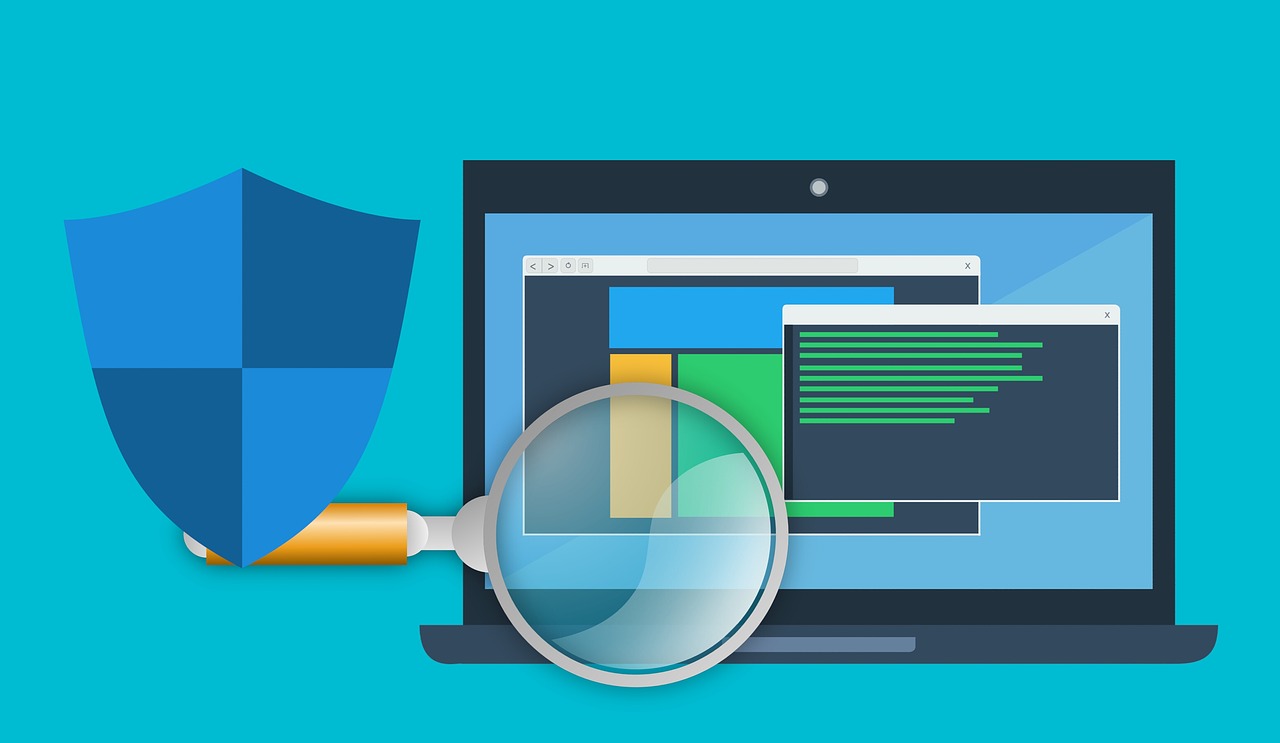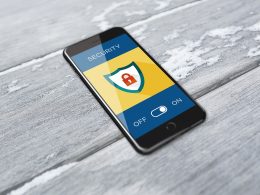In this article, you’ll learn about some of the frequently asked questions about antivirus software and some of the factors that influence its effectiveness. For example, is it possible to stop viruses from spreading over networks? This question is a common one, but the answer is not as simple as it sounds. (Also Read: Artificial Intelligence Technologies to Watch in 2022)
What is a computer virus?
How does antivirus work?
For example, some viruses can load into memory and run in the background for as long as your computer is running. Others can infect a “boot sector,” which is a small program on your computer that tells the rest of the operating system how to load. By putting a piece of code in the boot sector, the virus will guarantee that the rest of its replication process will begin.
Antivirus software works by scanning files for code snippets, which can be used by malicious programs. In order to detect these files, scanners must be able to distinguish between benign and malicious files. These programs use a database of unique signatures to detect viruses. They then check the code of a suspected file against the virus’s code as well as against a checksum, which is a way to tell whether data has been altered.
Is it possible to stop the spread of viruses across networks?
One method of preventing viruses is to install antivirus software. This will prevent viruses from spreading and will protect your network from infection. You must also install a reliable firewall to protect your network. This is important because viruses can spread through the network without being detected. Viruses can be dangerous to your entire computer network.
What can affect the effectiveness of anti-virus software?
Most reviews measure the performance of the non-resident scanner module, which is the most commonly tested module. Other properties, such as disinfection or detection in memory, are not usually tested. This is because specialist magazines can’t test all aspects of how well a product works.
Another important factor is the price of antivirus software. Antivirus software can range in price from free to quite expensive. The price is largely a function of the number of protections that the software provides. Higher priced packages often include a variety of additional protections for business environments.
Another factor that affects the effectiveness of anti-virus software is the support system. Although antivirus vendors do not have to provide live support, many products have poor customer support. The vendor’s support system may consist of auto-email responses, chatbots, or community/customer-to-customer forums. Antivirus software with poor support should not be considered a good choice.
The ITSEC approach also requires anti-virus software to meet certain security criteria. These include up-to-date threat information and procedures for monitoring threats. A vendor must be able to continuously update its software.
A successful ITSEC evaluation must also be able to show that the product can find and follow threats.
Antivirus software can also be ineffective if the software is unable to detect new malware or variants of existing threats. This is because signature-based detection is ineffective against new malware. Malware often gets on millions of computers before antivirus software can update its signatures.
A slow-running PC can be due to a number of different factors. The hard drive may be full or memory could be the culprit. This will limit the computer’s processing capability and overall performance. Further, an outdated operating system could also lead to a slower-running computer.
There are many other factors that affect the effectiveness of anti-virus software. Some IT vendors offer their clients on-premise protection. This type of service is often offered as part of an IT Managed Services package. The IT company will ensure that the software is licensed and signed up to the latest virus signatures. Also, they will have experts in professional services who can make sure the software is protecting the business.
Can you delete a virus?
Once you’ve removed the virus, you should perform a full system scan to ensure that there are no remnants of infected files. If you have System Restore enabled, you may want to disable it first. To do this, go to Start > System Protection. Clear the checkbox next to your hard drive. When you’re done, you can turn System Restore back on. (Also Read: Is Artificial Intelligence a Threat to Democracy?)












